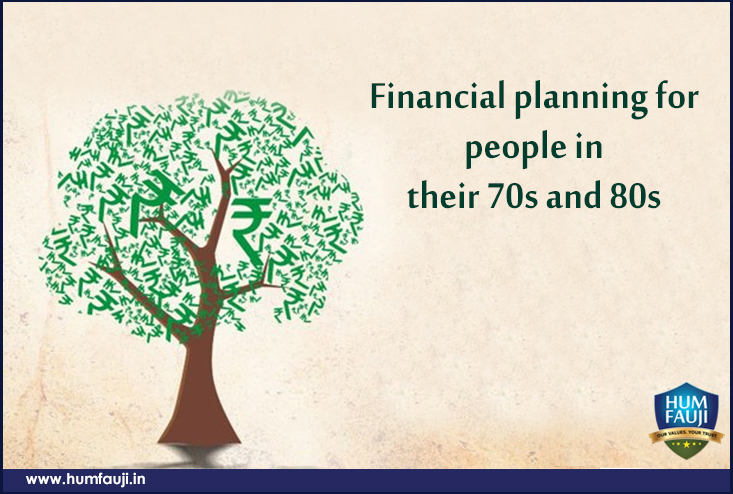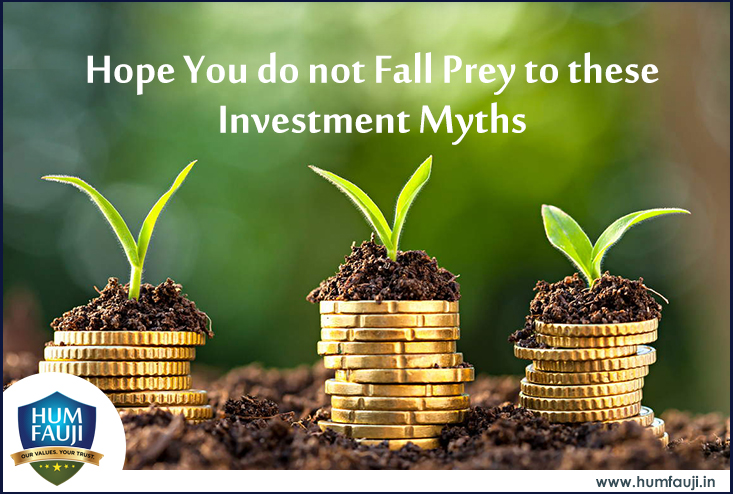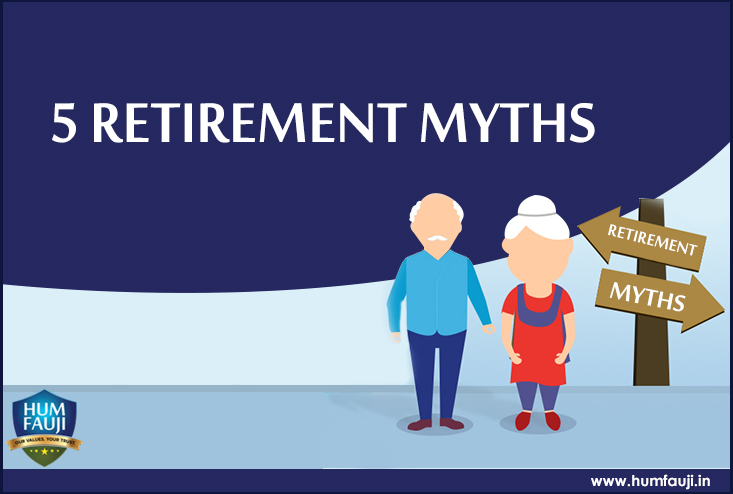Indians’ love affair with real estate is only too well known to all of us. It provides a heady cocktail of being a tangible asset having appreciation potential and some income potential as well. There is also this strong perception that you can’t lose money in real estate, if you have the “holding power”. There are so many stories in the media of home prices reaching stratospheric levels and how some wise investors made a killing by selling their houses at 10, 20, 50 and even 100 times their cost. There is enough evidence of wealth creation in property markets for any investor to continue to hanker for even more exposure to property. Almost everybody and his dog will have stories to tell you about how he or his friend (or his uncle or naani…) bought this property 10 – 15 years ago at just Rs 10 lakhs and how it is now worth easily more than 15 times the cost price. And, if I were then to try and counter the argument by saying that equity has a similar or perhaps even greater potential to build wealth over the long term, the most common objection I encounter is “Look, equity funds that I bought in 2007 are still to make me money. I am better off in real estate”.
There was a headline grabbing real estate deal in Mumbai in July 2011 – an investor sold his 3600 sq ft apartment in Samudra Mahal, Worli for Rs 33 crores – an eye popping Rs 100,000 per sq ft. This is the costliest real estate deal recorded in India till date. The seller paid only Rs 25 lakhs for this flat back in 1972 and has now cashed in a whopping Rs 33 crores from this investment in 39 years. Can equity funds give that kind of returns?
If we actually calculate, this flat that was being talked about – the costliest real estate deal in India – had actually yielded only around 13.7% per annum returns to the investor. On the other hand, there are a large number of equity funds that have comfortably beaten that return over 15 years! For example, Franklin India Bluechip Fund has given average returns of approx 24.9% per year over 18 years of its existence. When compared to Worli real estate deal, Rs 25 Lakhs notionally invested in it in 1972 would have returned (hold your breath…) approx Rs 1458 Crores!! Alternatively, you could have invested Rs 25 Lakhs in it as late as in 1990 to turn into Rs 33 Crores!! Don’t believe it? There is yet more of this: There is NOT EVEN ONE equity fund in Indian Mutual Fund industry which is more than 10 years old and has delivered returns less than 13.7% yearly. The very worst fund of this lot, Taurus Discovery Fund, has given 14.7% (that is, turning Rs 25 lakhs of 1972 into 52.6 Crores today) and the best, Reliance Growth, has given 27% (turning Rs 25 Lakhs into 2,794 Crores).
Why is it then that the perception continues about real estate being a better wealth creator for us? The crux I think lies in the way we talk about returns. In the real estate market, it is always absolute numbers that are talked about – never annual percentage returns, even though that is all that matters. That’s precisely why the Insurance Industry is able to sell its dud policies even when they give 6-7% returns – by projecting that your premium of a few thousands of rupees will get you many lakhs 15-20 years later.
In big metros, we have seen prices move up from their 1996 levels of Rs 1000 per sq ft to over Rs 10,000 per sq ft today. A flat that cost Rs 10 lakhs in 1996 is today worth Rs 1 crore. That works out to a CAGR (Compounded Annual Growth Rate) of 16.6% over a 15 year period. But, what we hear is 10 lakhs becoming 1 crore – that sounds a lot more than 16.6% CAGR. To put this in context, if the same investor had invested in a fund like HDFC Top 200 Fund in 1996 when it was launched, that Rs 10 lakhs would today be worth over Rs 2.67 crores! Suddenly, this wonderful 10 fold appreciation in property prices pales in comparison to a 26 fold gain in this equity fund over the same period. When one says that the fund delivered a 24.5% CAGR over 15 years, it sounds great to financial advisors but investors are not readily able to grasp the magnitude of the performance. Translate the same performance in layman’s language – say that Rs 10 lakhs invested in 1996 grew to Rs 2.6 crores by 2011 – and we now begin to grasp the magnitude of wealth actually created.
Actually, equity funds have many virtues which property cannot ever hope to match:
- Liquidity : Bull or bear markets, you can always liquidate your equity funds, at an efficiently determined price. Try selling a house in an economic slowdown – the property market just freezes in a downturn.
- Transaction costs : Stamp duty and registration costs across the country are prohibitively high in property transactions. Equity funds, with a zero entry load (and zero exit load, if kept for only 1 year), win hands down versus property on this score.
- Taxation : You pay zero long-term capital gains tax on equity funds – property has 20% indexable tax rate.
Unfortunately, it is precisely these very virtues that are becoming villains for mutual funds. With an effective zero tax on capital gains after a 1 year holding and negligible transaction costs, investors become far more trigger happy with their equity investments than they would ever dream of becoming with their property investments.
Time to ask yourself some serious questions
The biggest disadvantage for equity funds in their competition versus property is the time frame that investors are willing to give each asset class to perform. Investors happily look at property as inter-generational assets – but equity funds rarely get anywhere close to those kinds of time frames. Investors pride themselves on the “holding power” of their property investments during downturns – but somehow that same “holding power” vanishes when they look at their equity fund portfolios. Ask yourself these questions:
- Did you sell your property investments in 2008, at a time when you redeemed your equity funds, when both the markets were in downturn? If not, why not?
- When property prices fell in 2008-09, were you tempted to look for bargains and snap up “good deals”? If yes, did you also feel like snapping up a good deal in the equity markets, which were at the 8000-12000 levels? If not, why not?
- Do you keep comparing property prices in each locality of your city every month and switch in and out of houses based on which locality did the best in the last 6 months? If not, why do you feel like doing that with your equity funds?
- When you buy a house, do you mentally allocate it to your son / daughter? What prevents you from doing that when you buy equity funds with your same hard earned money?
In conclusion
There is no doubt that the Indian investor’s love affair with property is indeed a strong one. There is no doubt about the long term wealth creation potential of property investments. There is no doubt that history is firmly on the side of property investments – in terms of showcasing the enormous wealth that this asset class has created in the past decades. All that I humbly submit is that, while all of this is true, equity funds are just as good, if not better, in terms of their wealth creation potential – over similarly long periods of time.














Leave a Reply